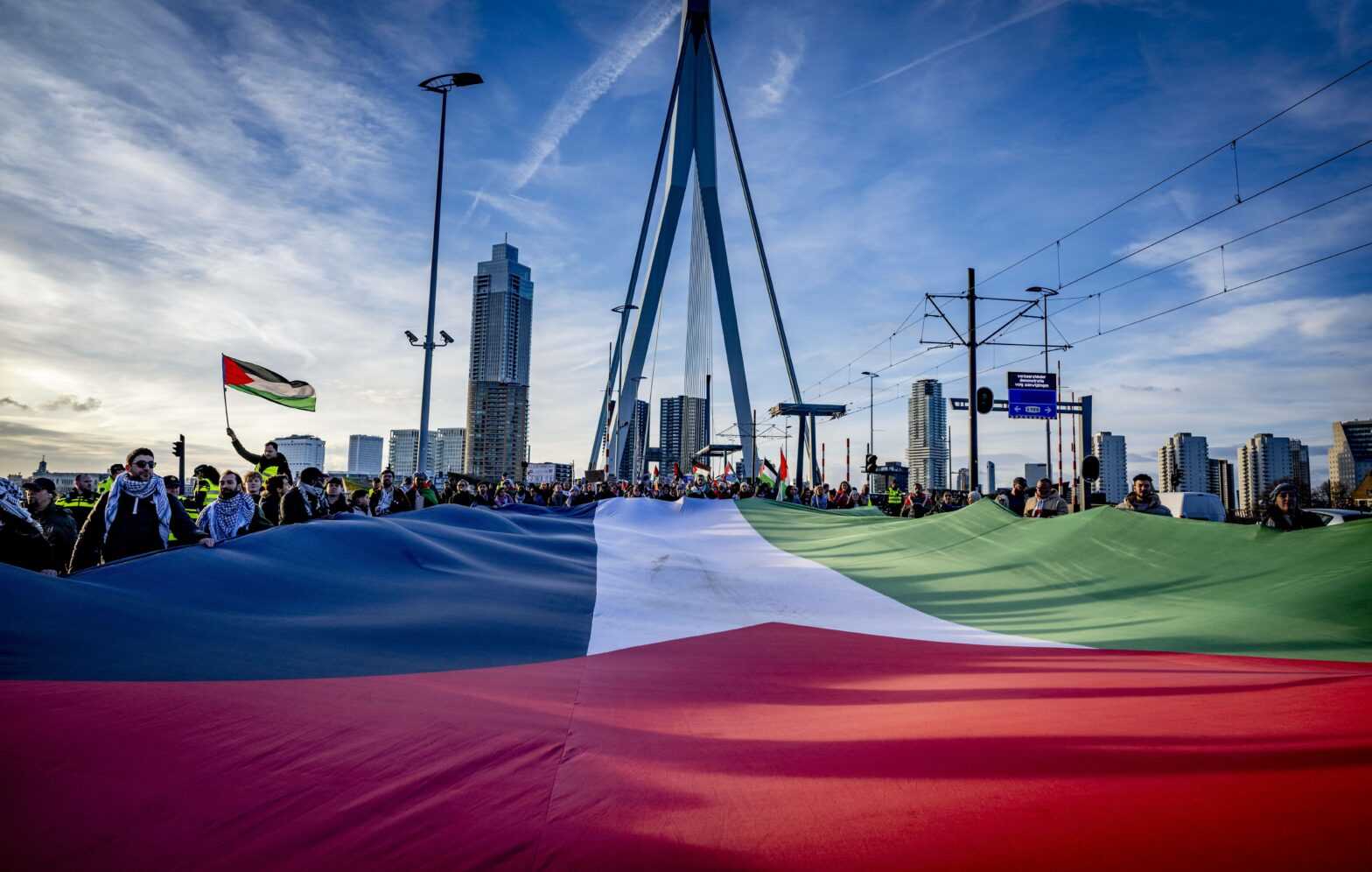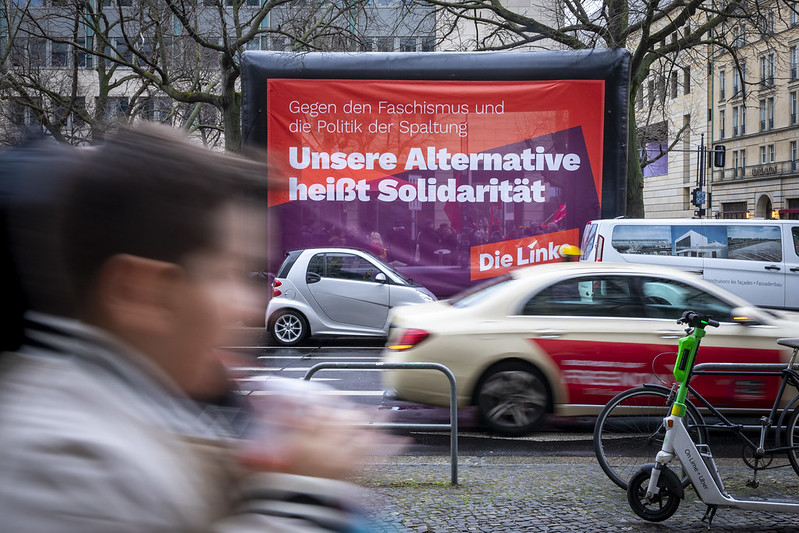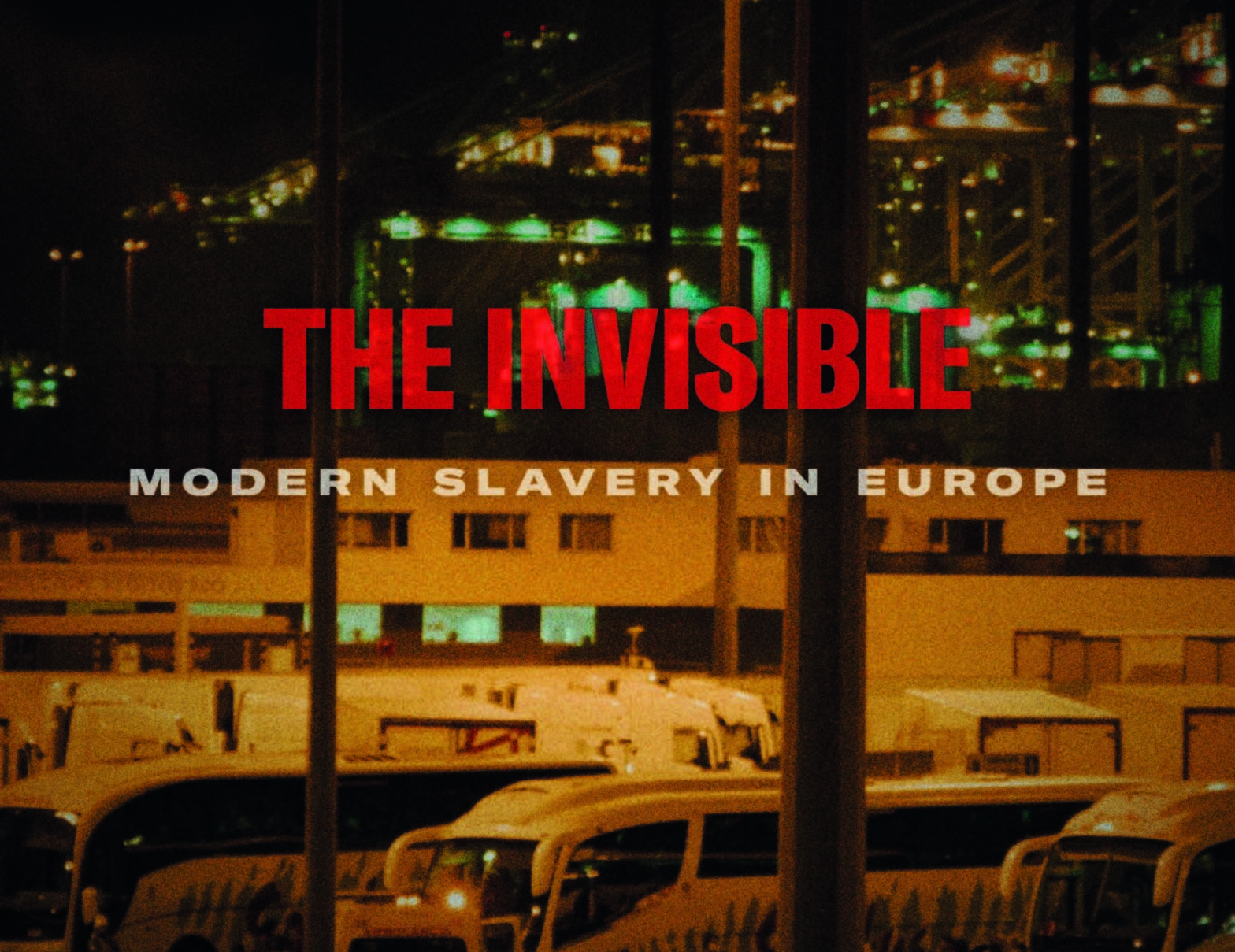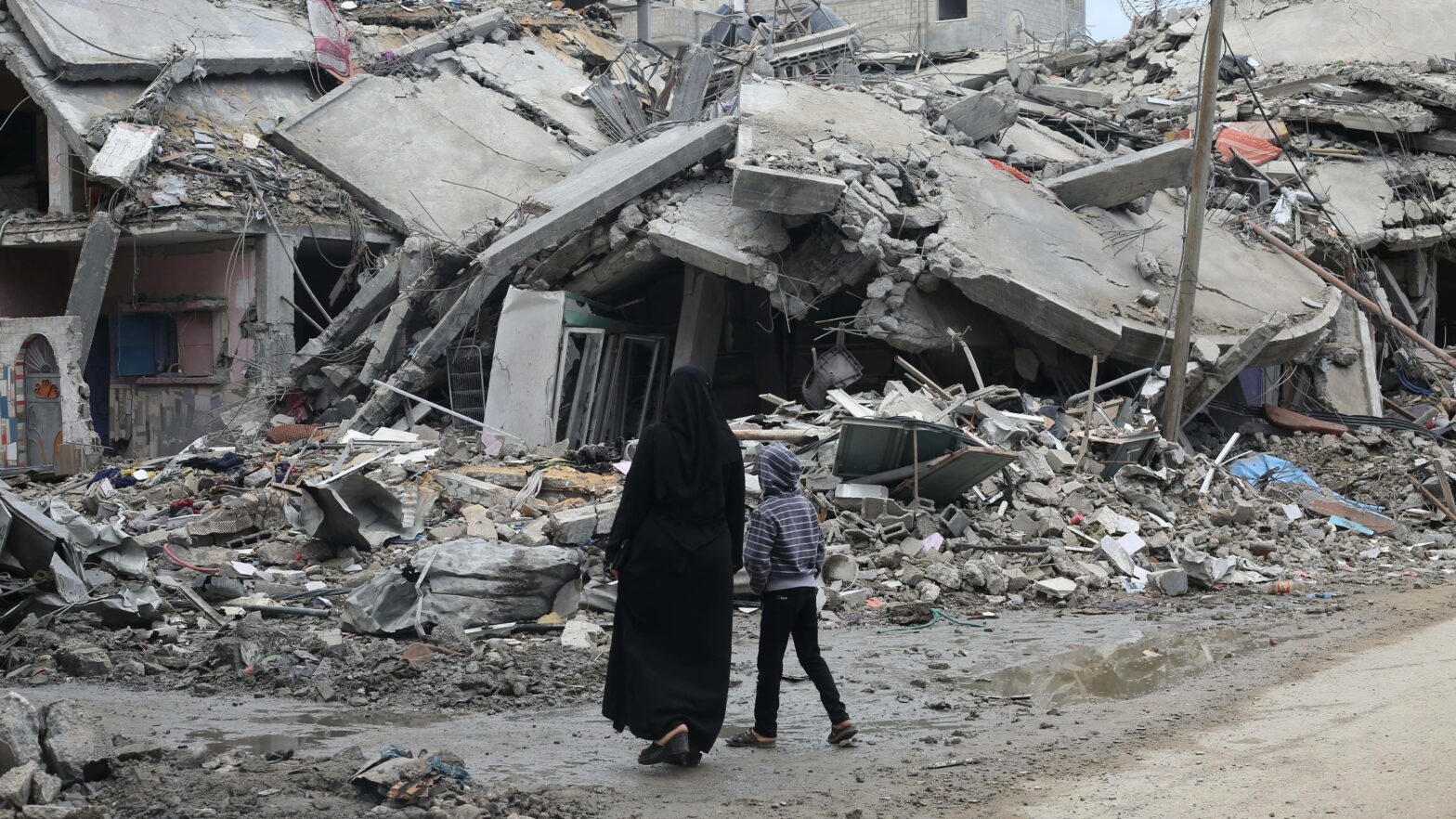Share Twitter Facebook Email Copy URL
This article is part of our series dedicated to the 75th anniversary of the Universal Declaration of Human Rights.
The current political situation in Latin America, characterized by the convergence of the largest number of progressive governments that the region has had in all history, constitutes a unique scenario for the strengthening of institutional and civil society mechanisms for the defense of human rights. However, the structural conditions of human rights violations in the region, economic and social crises produced by geopolitical imbalances, the reconfiguration of the balance of political forces and the distance of legal instruments from the particular realities of social movements, among others, pose serious challenges to the progressive will to create joint and coordinated agendas that allow the introduction of effective strategies and mechanisms for the defense and protection of human rights in Latin America.
In the 1970s the progressive sectors of Latin America began to appropriate the discourse of human rights, as a mechanism for denouncing systemic and generalized violence in contexts of authoritarian governments and weakened democracies, and as a way of raising voices against the abuses of the dictatorial regimes of a large part of the countries of the region. Although during the early years of the cold war, leftist social movements and the progressive sectors considered the discourse of human rights with mistrust, as a product of bourgeois legality and the liberal legal system, from the seventies on, as Jorge González Jácome explains, the left understood the defense of human rights as an activity of denouncing the violence of the bourgeois State.[1] Since then and after more or less dissimilar processes, a multiplicity of progressive sectors became the standard-bearers of the demands for human rights, fundamentally against State crimes and human rights violations orchestrated by governmental actors against political dissidents and social movements, as well as against those provoked by transnational capital to communities opposed to their economic interests.
With the coming to power, between 2019 and 2023, of different progressive coalitions in most Latin American countries, an important sector of civil society organizations, champions of the struggles for human rights, integrated government institutions, configuring a panorama in which the positive changes regarding the role of the State in the defense of human rights were inevitably accompanied by a correlative development of power gaps in the complex balance of forces between civil society, the State and the economic powers in terms of oversight, monitoring and control of human rights violations in local and regional contexts. This new panorama, as we have said, brings a series of challenges for progressive governments and social movements:
The structural nature of human rights violations in Latin America
Since the period of the military dictatorships, the structure of a large part of the Latin American states was configured around social and cultural standards that, over time, would normalize discrimination and the violation of the rights of social groups historically oppressed by political and economic elites. The institutional architecture inherited from authoritarian regimes and from democracies deeply weakened by the elitist cooptation of the State, left an indelible mark on the way in which the state apparatuses continue to operate vis-à-vis minorities and marginalized social groups. Although today most of the public institutions are committed to standards of protection and guarantee of fundamental rights, the collective violations of rights, the invisibilization, discrimination and administrative violence exerted against women, transgender, homosexual, migrant, , indigenous, afro-descendant communities, among many others, continue to be a characteristic feature of the way in which social and cultural standards inherited from authoritarian regimes remain and continue to permeate the structure and the actions of the State in most countries of the region. Producing, in this way, regardless of the political flag of current governments, institutional actions that violate the rights of minority groups.
Faced with structural conditions of discrimination and violation of rights, progressive governments have not only the challenge of politically and legally attacking the foundations of a recognized structural problematic, but also joining efforts with other governments in the region, hand in hand with civil society, to eradicate the different forms of legal and administrative violence against historically vulnerable social groups.
The imbalance in the functions of oversight and control carried out by social movements
The current situation of progressive governments in Latin America also launches a fundamental debate to safeguard human rights in the region: what should be the role of progressive social movements within and vis-à-vis leftist governments?
As we have said, in most Latin American countries, the triumph of leftist governments provoked a natural migration of organized civil society and progressive social movements towards the public institutional machinery. This phenomenon, which constitutes a more than evident exercise of appropriation of spaces of power historically denied to minorities, has brought with it the risk of creating power gaps in the spaces in which civil society usually carries out an important work of controlling, monitoring, and counterweighting the State, but also economic and criminal powers, equally responsible for the violation of rights in local and regional communities.
One of the greatest challenges is, in this sense, related to the way in which the relationship of governments and social movements can guarantee for the latter, both, the ability to participate in the spheres of power and the degree of autonomy necessary for the exercise of an imperative social function for the promotion and defense of human rights. Strong and independent social movements are just as important for the deepening of democracy and for the guarantee of rights, as are the sectors of civil society that, from their privileged position within the State machinery, promote the necessary changes to face systematic and generalized violations of rights.
Given the challenges faced by progressive governments and social movements for the construction of their own effective mechanisms for the defense and promotion of human rights, it is therefore necessary, in the first place, to build coordinated and multilateral agendas that through Inter-American protection mechanisms make it possible to address the structural conditions of violations of rights in Latin America. In this exercise, the Inter-American System for the Protection of Human Rights can play a fundamental role in the convergence of administrative reforms and legislative exercises aimed at the progressive elimination of the different forms of legal and administrative violence against groups that have been historically compromised.
Secondly, it is important to promote a collective debate between government institutions and social movements regarding the strengthening of the autonomy of the latter, and the invaluable and irreplaceable role that they must play in the face of State, economic and criminal forces that participate in structural violations of human rights. The role of communities and organized civil society is essential to guarantee the protection and unrestricted defense of rights, and to demand timely action by the State in scenarios of violation of human rights. The synergy between progressive governments and an autonomous and strengthened civil society is the key to success in the elimination of structural, systematic and generalized forms of violation of rights of minority and marginalized communities.
Lastly, it is necessary to insist on the way in which the Universal Declaration of Human Rights and its associated legal instruments, including those built within the framework of the Inter-American System, can approach the realities of the peripheries of the world, taking as a point of departure, as we have said, the people’s historical processes to define, defend and materialize their understanding of dignity and good living. It is an invitation to rethink and hermeneutically decline the Universal Declaration of Human Rights and other legal instruments that most of the times ignore the sociological dimension of the processes and the historical struggles of the peoples, into tools capable of materializing their own aspirations for a dignified life.
Esteban Gonzalez Jiménez, PhD from the University of Paris VIII Vincennes-St.Denis and the Center for Research in Modern European Philosophy of Kingston University (London). Researcher of the Group Mondes Caraïbes et transatlantiques en mouvement (FMSH/CNRS France) and the Popular Convergence Group for Epistemic Justice (Colombia).
[1] González Jácome, Jorge. Derechos humanos y pensamiento de izquierda en Colombia (1974-1978): una relectura del “libro negro de la represión”. Vniversitas, 65(133), 105–138. https://doi.org/10.11144/Javeriana.vj133.dhpi
This article is part of our series dedicated to the 75th anniversary of the Universal Declaration of Human Rights.



